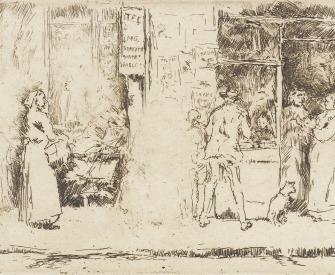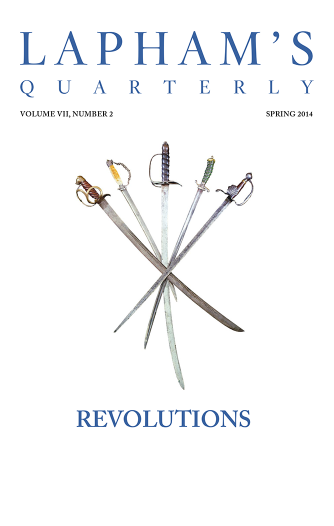The female relatives whom a man may not marry are alike in this respect—that as a rule they are constantly together with him in his house; they would easily listen to him, and do what he desires; they are near at hand, and he would have no difficulty in procuring them. If to these relatives the same law applied as to all other unmarried women, if we were allowed to marry any of them, and were only precluded from sexual intercourse with them without marriage, most people would constantly have become guilty of misconduct with them. But as they are entirely forbidden to us, and sexual intercourse with them is most emphatically denounced unto us as a capital crime or a sin punishable with extinction, and as there is no means of ever legalizing such intercourse, there is reason to expect that people will not seek it, and will not think of it. That the persons included in that prohibition are, as we have stated, at hand and easily accessible, is evident. For as a rule, the mother of the wife, the grandmother, the daughter, the granddaughter, and the sister-in-law, are mostly with her; the husband meets them always when he goes out, when he comes in, and when he is at his work. The wife stays also frequently in the house of her husband’s brother, father, or son. It is also well-known that we are often in the company of our sisters, our aunts, and the wife of our uncle, and are frequently brought up together with them. These are all the relatives which we must not marry. This is one of the reasons why intermarriage with a near relative is forbidden. But according to my opinion, the prohibition serves another object, namely, to inculcate chastity into our hearts. License between the root and the branch, between a man and his mother, or his daughter, is outrageous. The intercourse between root and branch is forbidden, and it makes no difference whether the male element is the root or the branch, or both root and branch combine in the intercourse with a third person, so that the same individual cohabits with the root and with the branch.
From The Guide for the Perplexed. Born to a distinguished Jewish family in Córdoba, Spain, in 1135, Maimonides in 1159 fled from the city’s ruling Islamic sect, called the Almohads, to Morocco and then Palestine to avoid persecution. He eventually settled in Egypt, where he became the court physician to Sultan Saladin and worked on his theological and philosophical masterwork.
Back to Issue



